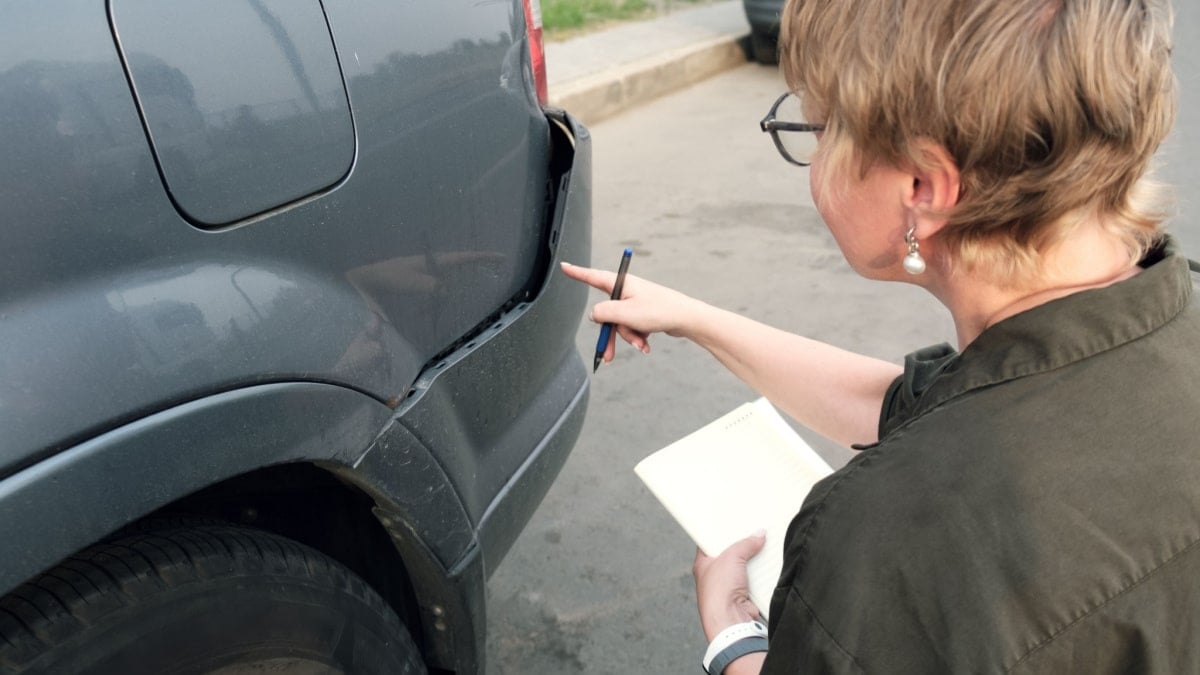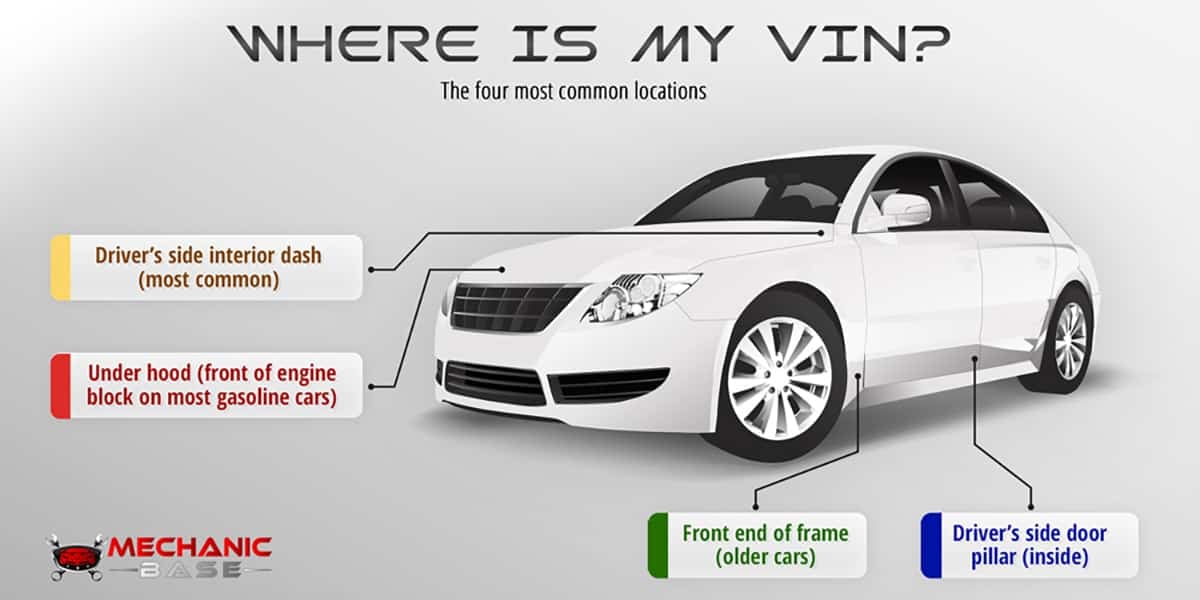If you are in the process of moving, you might wonder if it’s necessary to change your car insurance. Sometimes, it’s cheaper to keep your car insurance in one state versus another because of crime rates, minimum requirements, and more. However, that doesn’t mean it is okay to keep your insurance unchanged after a move. That’s why you need to answer – can I have car insurance in another state?
In this guide, we cover whether you can have a car insurance policy in another state from your residence. We also examine exemptions to the rules, discuss if you are covered to drive out of state and discuss how to switch the policy over for complete compliance.
Can I Have Car Insurance In Another State?
No, it’s required by law to have a car insurance policy in the state where you reside. If you move out of state, you must notify your car insurance provider in a reasonable time to make the switch. Otherwise, you could be charged with insurance fraud because of the misrepresentation.
Not only do you need to transfer your car insurance policy to the new state, but the registration must also be changed. Every state has different requirements about how long you have to make these changes.
If you attempt to drive in one state and leave your insurance in the older one, you are committing fraud. When the insurance company finds out, they can cancel your coverage and deny any open claims. You also won’t be given a refund for the policy.
So, if it’s not legal to have car insurance in another state, why are we even discussing the situation? Because there are some legitimate reasons why your car might be registered in a state where you don’t live. Let’s look at these legal exemptions.
These are general rules for most states and insurance companies. Always contact your insurance company and a lawyer for the correct information about your individual situation.
RELATED: 10 Best Car Insurance Companies
Reasons Car Might Be Insured in Another State
1. Snowbird
A snowbird is defined as someone that spends their winters in one location and the summer in another. Many retired people choose this lifestyle, with a summer home in the north and vice versa.
In this case, it’s legitimate to have car insurance in one of the states but not the other. After all, you aren’t going to transfer the car registration and insurance twice a year. However, your insurer must know the situation. It’s important to tell them about both homes, so the information can be put on your policy.
You may be able to save a little bit of money by not telling your insurance company about the multi-state travel. However, if a claim is filed and they find out, you might lose your coverage, which makes the savings worthless.
2. Military Personnel
If you are in the military, you are going to be in multiple locations throughout your time in service. Most insurance providers have different rules for you. The company will want you to declare a state of residency, which is normally where you plan to return following your deployment.
Additionally, most states have laws that are favorable for active-duty military, making registration easy as well. Make sure the vehicle is registered in your declared state where you want to have insurance. Don’t forget to also ask for the military discount offered by the majority of major insurance companies, so you can save more.
3. Temporary Relocation
If you are taking a temporary job or need to travel for a short time to take care of a loved one, the relocation might not need to be reported. It’s important to check the laws of the state, as they differ. Depending on how long you are going to be away, you may need to transfer everything over.
When in doubt, call the insurance company and let them know you will be out of state temporarily. Even if you have to pay a little more, it’s better than losing coverage.
4. College Student
Many college students go to school out of state. When you do this, most states require that you register the vehicle in the state where you are going to school.
However, you may not need to switch the auto insurance policy. Instead, you can call the company and see what options are permitted.
Additionally, if you don’t take your car with you, the company might offer a reduced rate. There are low-mileage discounts and reduced fees if you are only driving your vehicle during the summer and school breaks.
Does My Car Insurance Cover Me to Drive Out of State?
If you are taking a family vacation or going to a business meeting in another state, you need to consider what type of coverage you have. Thankfully, your auto insurance company is required to cover you when you are traveling out of state.
There’s a broadened clause in your policy that covers you if you get into an accident while traveling. If the state has harsher limits than what your policy covers, the clause ensures everything is still taken care of.
Switch Car Insurance Coverage When Moving Out of State
1. Research Requirements
Every state has different requirements when it comes to switching registration and insurance coverage. In most states, the requirements give you thirty to ninety days to make the changes. If you don’t transfer the registration within this time frame, you may face additional penalties.
Knowing this information, you have time to prepare for the change before it gets too late. There’s no reason to cancel the insurance or transfer the car registration until after the move is complete.
2. Gather Documents
Before you make any more decisions, it’s important to gather all of the documentation together. You should get the vehicle registration and all of the insurance documents together.
Take the time to review your current policy and see what needs to be changed to fall in line with the new state’s requirements. Make notes ahead of time, so you can tell the insurance provider what is needed.
3. Call Your Insurance Provider
Once you have your ducks in a row, you are ready to reach out to your insurance provider. Some companies allow you to contact them through chat, email or a customer service phone number. Before you reach out, make sure you have the time to spend making the changes. It could take a few minutes.
If you have insurance with a local company, they may not be able to provide coverage in another state. Otherwise, most nationwide companies will be able to simply transfer the coverage and charge you the additional premium or offer you a refund for the difference.
4. Get Additional Quotes
It’s a good idea to get more than one quote, whether you are forced to find another provider or you stick with the same company. It doesn’t take long to get a few quotes from major companies to see how the policies compare.
If you get a better rate than what’s offered from your current provider, you could go back to them and ask them to match it. At worst, you know who should get your business after the move.
Does my car insurance cover me in another country?
Most car insurance policies cover you in every state in the US and Canada. But if you want to drive in other countries, it depends on your car insurance. It’s always a good idea to check with your insurer before you travel to make sure you’re covered.
Can my car be registered in one state and insured in another?
No, your car cannot be registered in one state and insured in another. However, if you recently moved you will have some time to move over the insurance and registration. Otherwise, you risk being fined or arrested.
Can you live in one state and have car insurance in another?
No, you cannot have car insurance in one state and live in another. You must have insurance in the state where you reside. Also, insurance companies will not insure a vehicle that is not registered in the state in which the policyholder resides.
Which state has the most expensive car insurance?
Florida and Michigan have the most expensive car insurance rates in the nation. That said, things could always change, and there are definitely a number of factors that affect insurance rates. Nevertheless, it’s definitely something worth considering if you’re thinking about moving to or living in Florida or Michigan.
Categories: Car Insurance













